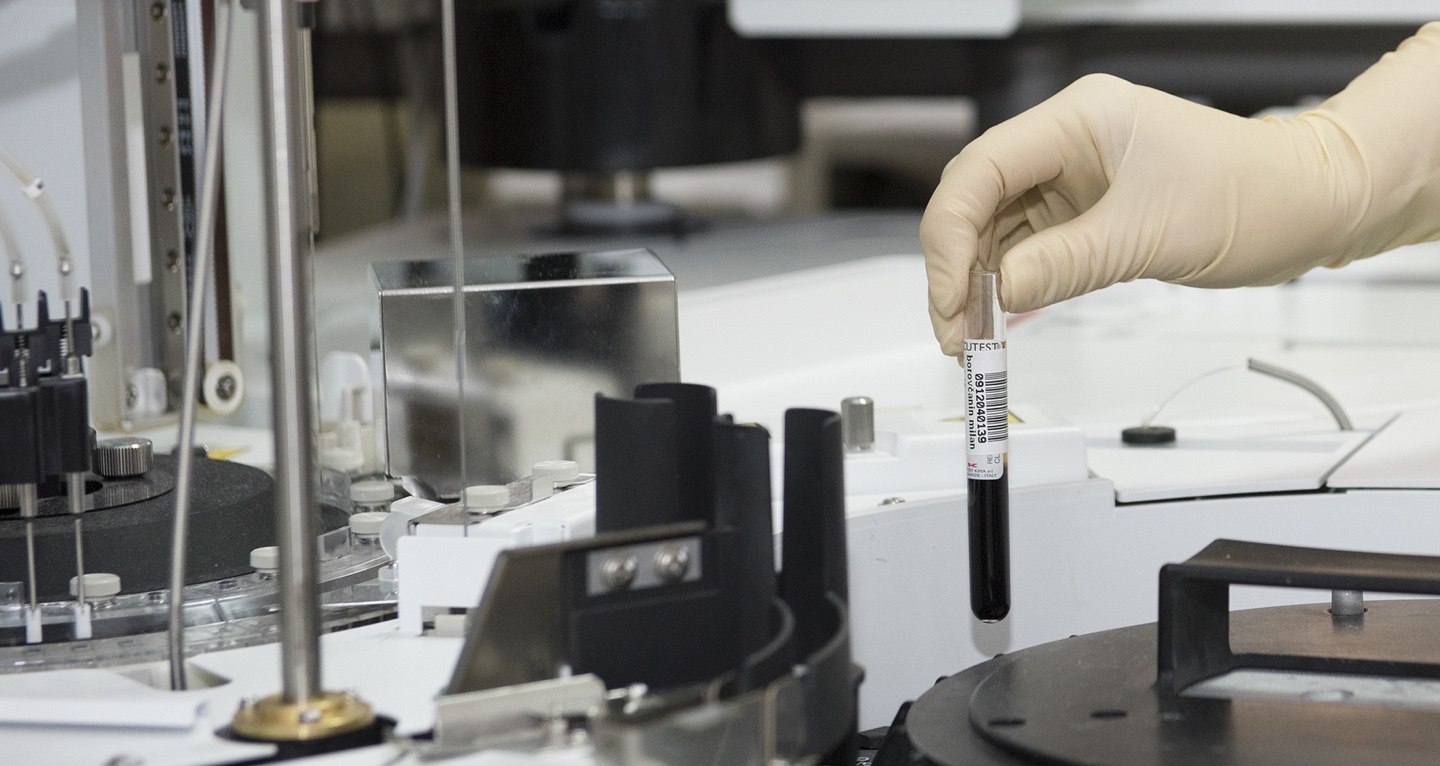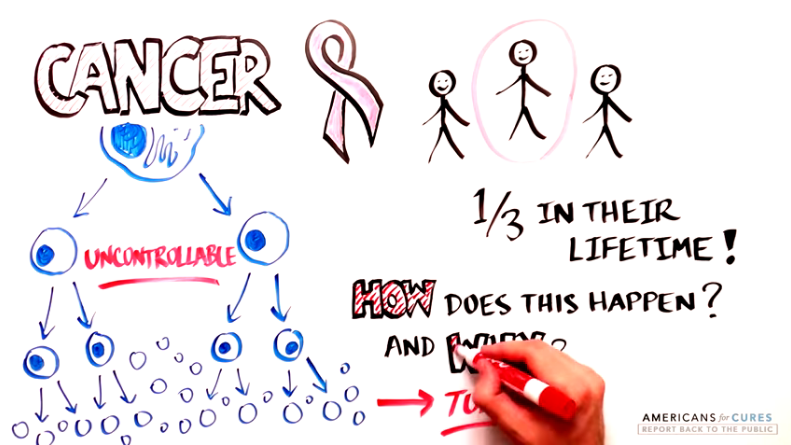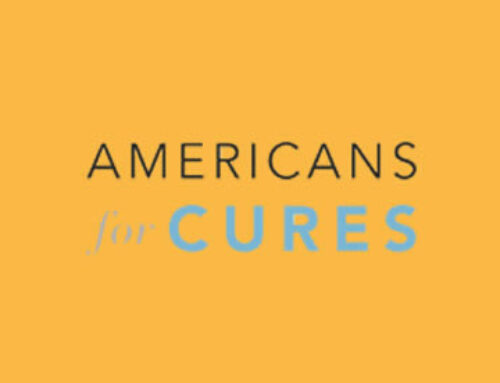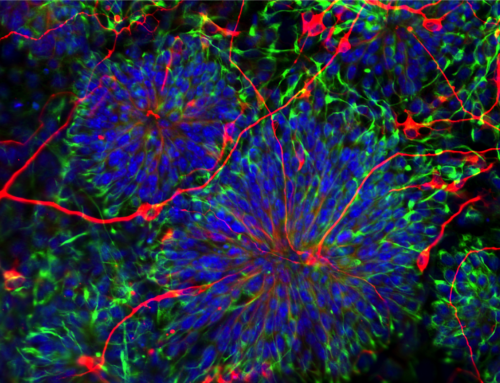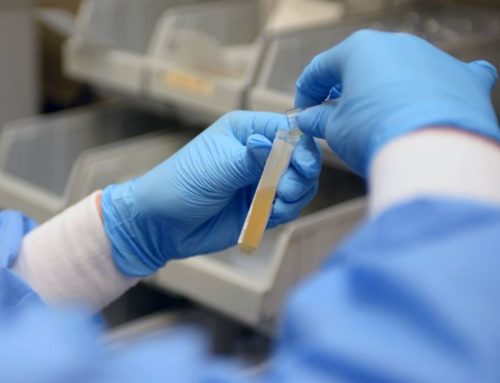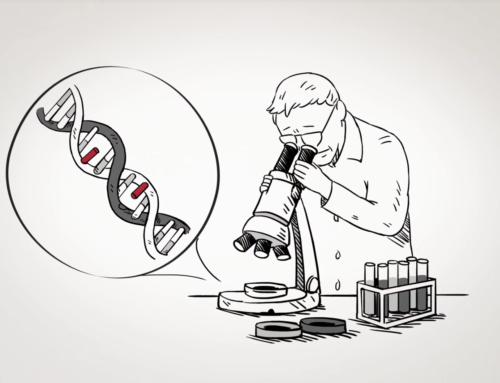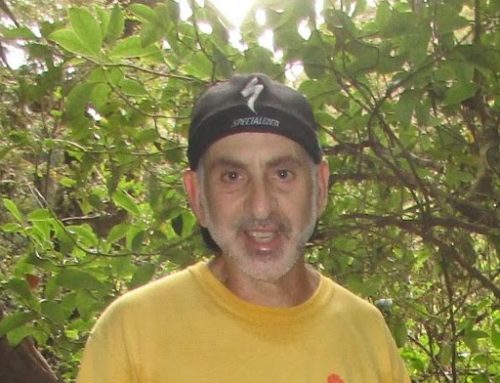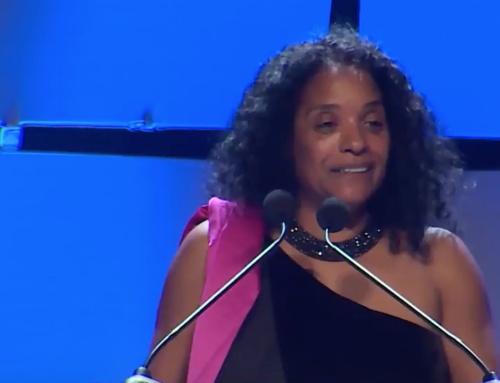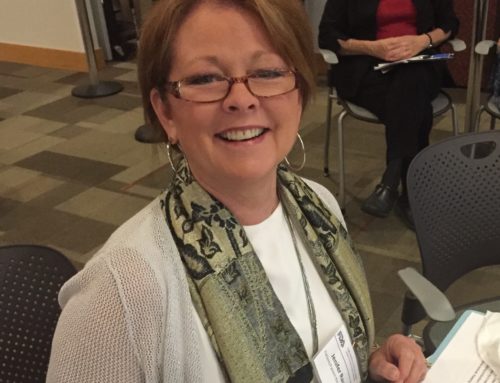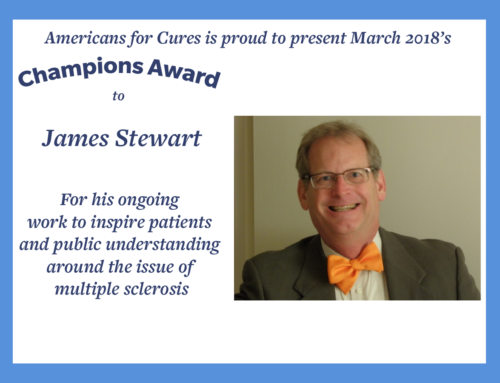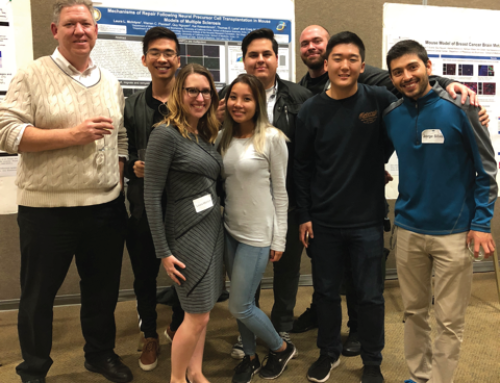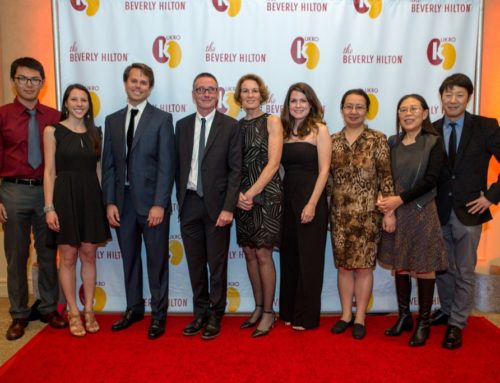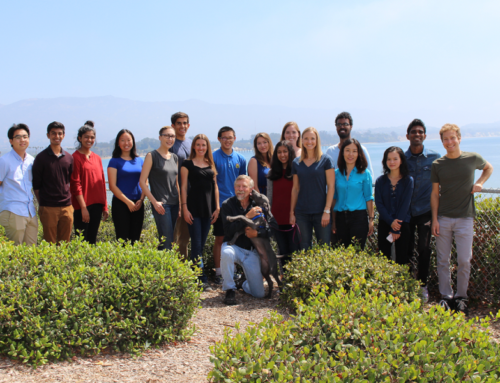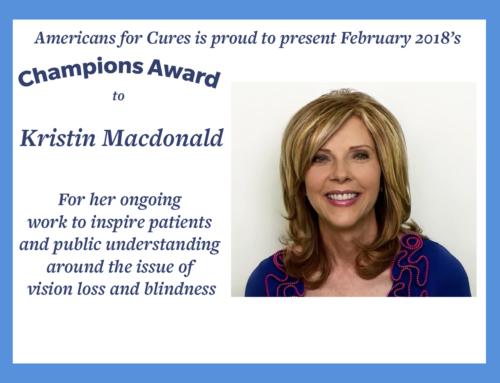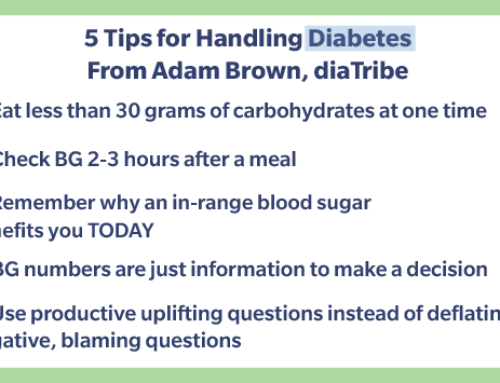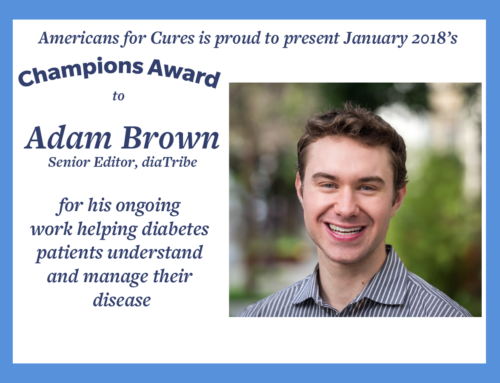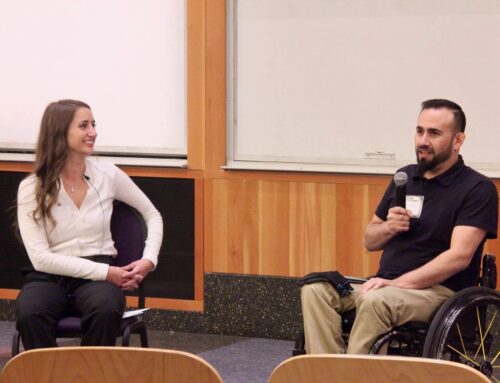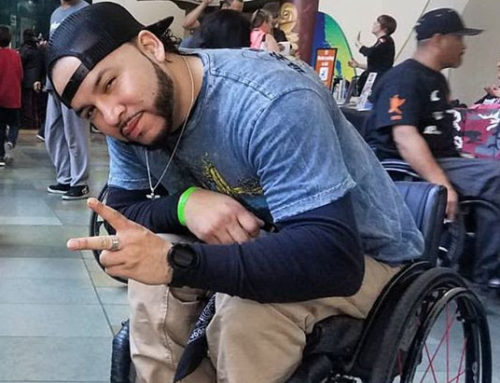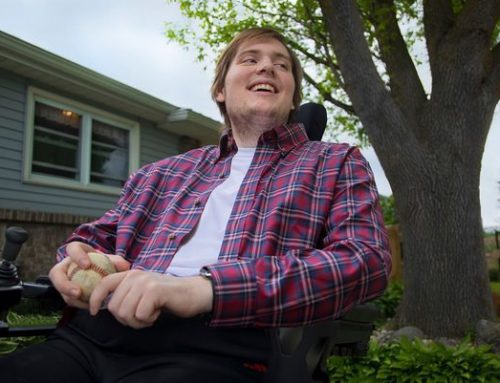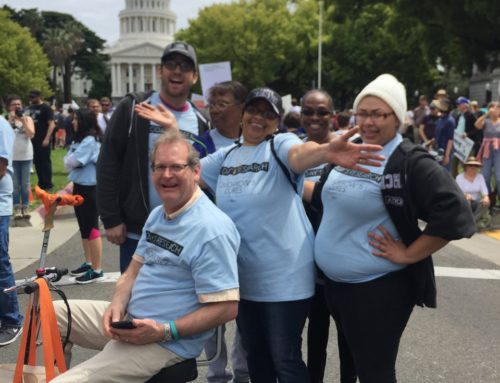Monica Johnson was just a toddler when she was diagnosed with juvenile arthritis. Despite battling the disease for nearly her entire life, Monica’s sunny outlook on Arthritis has supported her staunch work as a patient advocate across the country for nearly 30 years. We spoke to Monica to learn more about her experience living with arthritis and what motivates her to do the amazing work she’s doing.
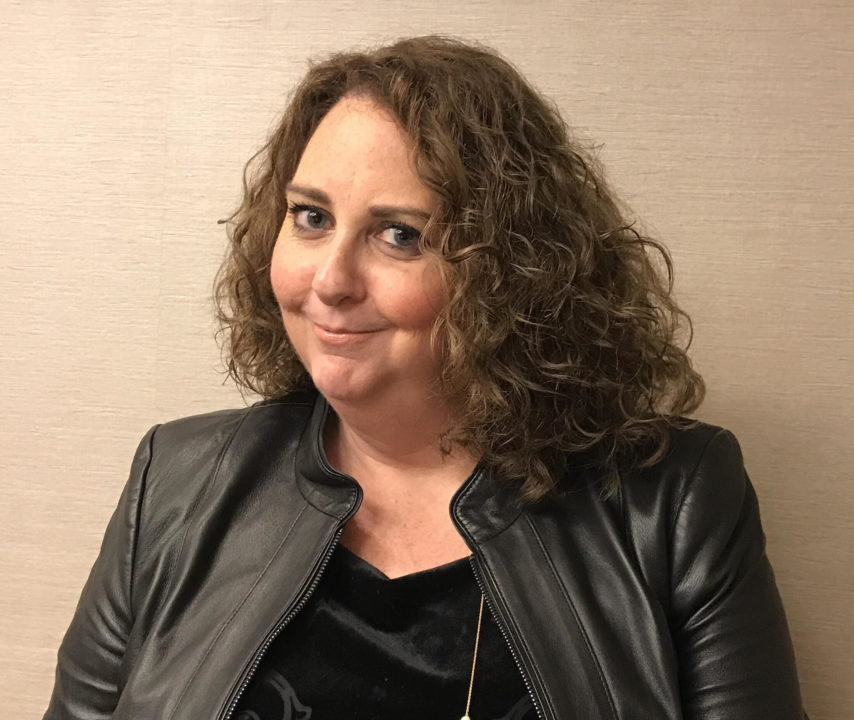
Tell us about your personal story of being diagnosed with arthritis and how it affected your life.
I was diagnosed at age 3 at Stanford Children’s Hospital, so all I have really known is pain and limitations from having this severe form of juvenile inflammatory arthritis. When I was diagnosed, it was called juvenile rheumatoid arthritis. I feel I have a pretty sunny and positive outlook on things in comparison to if I had been diagnosed later on in life. I see this as more of a blessing.
How did you first get involved in being an advocate for arthritis research?
I first became involved as an advocate through my volunteering with the Arthritis Foundation in the 1990’s when planning a national conference for peers to meet and gather. Through that work with the Arthritis Foundation, I got involved in advocacy to support more research for treatments and a cure. After that, as access to care issues started surfacing, I became more involved in policy and legislative advocacy. This is the majority of the work I am doing now, and it’s what I enjoy most alongside the various non-profits and coalitions I’m involved with.
Can you describe your experiences as a patient advocate?
My experiences involve going to various state capitals and to Capitol Hill in Washington, D.C. to educating policymakers and their staff about the various forms of arthritis and what it’s like living with it. During these meetings, we share the issues we face to get the right kind of care we need, and how research into future treatments and hopefully a cure for all forms is how they can help us. We need their help.
What’s challenging about the work about your work as a patient advocate?
It can take a long time to see the rewards of your work pay off and that can be frustrating if you’re the kind of person who needs a quick reward for your efforts. Being a patient advocate is great for people who can commit themselves to their work the long haul. Patience and perseverance are key.
What’s rewarding about your work as a patient advocate?
It’s so rewarding to see and to realize how many people you are truly helping especially when participating in coalition or collaborative advocacy across more than one disease area. As the number of patients you are helping increases immensely, the more and more rewarding your work becomes. It is also gratifying to know that what you have started years ago in one state has finally paid off — and in numerous other states across the country, as well.
Can you point to a specific moment where you feel you’ve had a positive impact on someone?
I feel lucky to have had positive impacts on many of the advocates and patients I have worked with. One example though is a personal friend who was struggling with access to care issues with her health plan. I was instrumental in testifying on her behalf at a regulatory hearing (we prevailed at this hearing!), and then I went on to testify at numerous legislative hearings when we were trying to get the laws changed for others with similar circumstances.
Why is the patient’s voice important in medical research advocacy?
Our voice is important because it’s our lives. Quality of life and our families lives that are the benefactors of this research. Society and the economy is a benefactor, too, but patient’s voices matter because again, it is OUR LIVES.
What do you think people can do right now to help?
Stem cell research will change lives but we need more voices championing this critical research. The path forward might be long, but the investments we make now, will provide the cures of the future.




